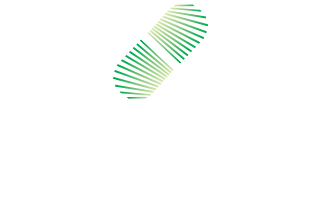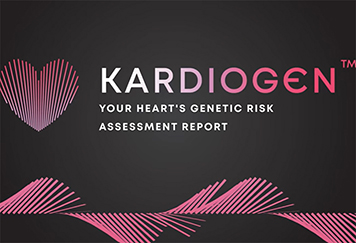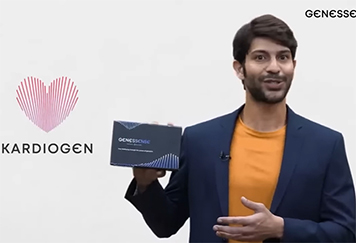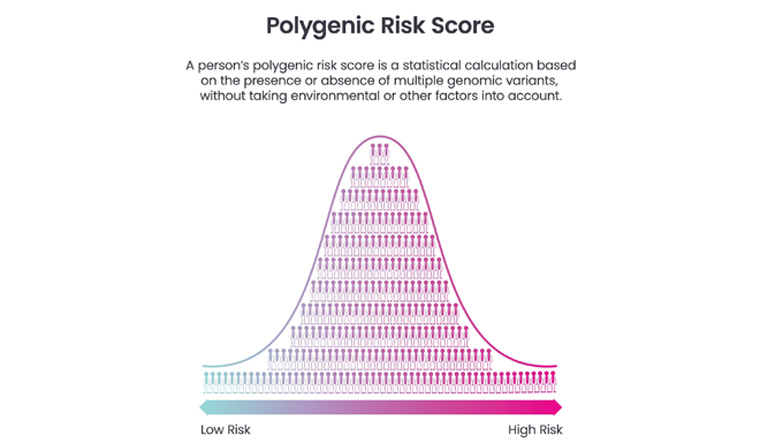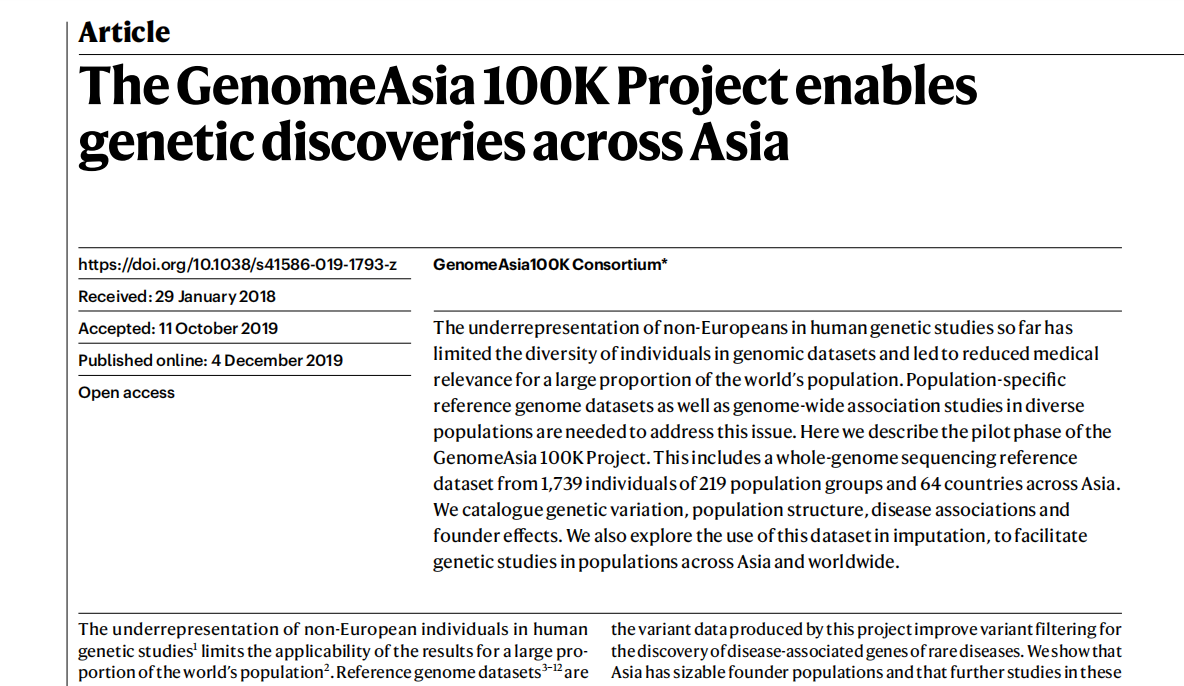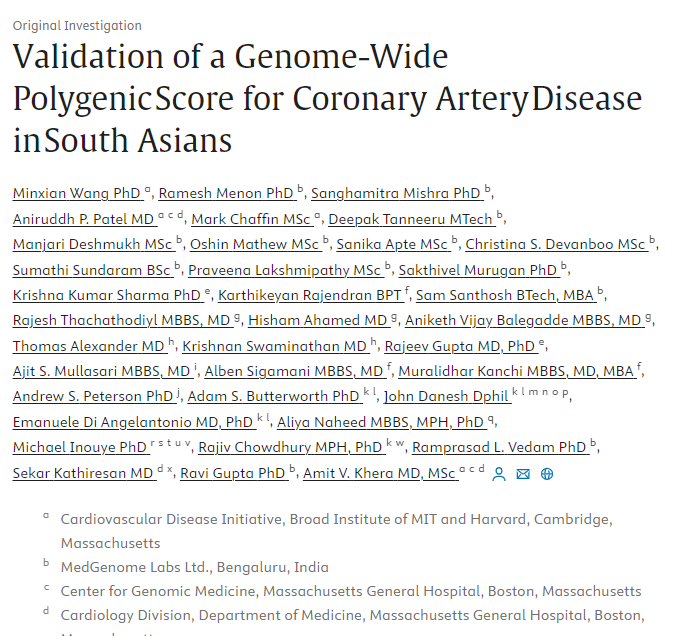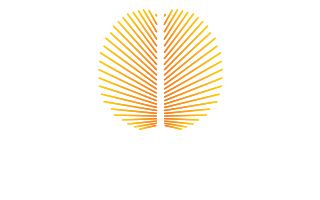
What is Neurosense Screening?
Neurosense is a genetic screening that helps estimate the genetic predisposition of an individual to develop Parkinson’s and Alzheimer’s disease. The Parkinson’s disease risk is calculated by analyzing over 2000 genetic markers implicated in the disease and is given as a validated Polygenic Risk Score (PRS). The Alzheimer’s disease risk is calculated from ApoE gene e2, e3 and e4 genotypes.
Parkinson's disease (PD): Is a progressive disorder that affects the nervous system and the parts of the body controlled by the nerves.
Alzheimer’s disease (AD): Is a brain disorder that slowly destroys memory and thinking skills and, eventually, the ability to carry out the simplest tasks.
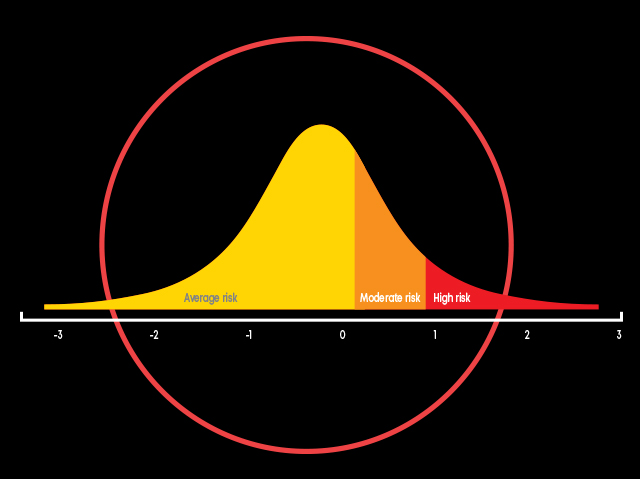
What is Polygenic Risk Score?
The score indicates if the individual is at high, moderate, or average genetic risk for developing Parkinson’s disease.
The Polygenic Risk Score (PRS) quantifies the contributing effects of multiple genetic (DNA) markers into a score and estimates whether the tested individual is at a high, moderate, or average risk of developing a health condition.
Neurosense Screening (only Parkinson’s) is validated for the South Asian population.
Who should take
the Neurosense Screening?
- Individuals with a family history of Parkinson’s disease or Parkinson’s disease -like disorders, Alzheimer’s disease, and Dementia.
- Individuals above 18 years of age, with or without a family history of Parkinson’s and Alzheimer’s disease.
How will Neurosense help you?
Knowing the genetic risk for Parkinson’s and Alzheimer’s disease by Neurosense will help one to take informed decisions towards leading a healthy life. This screening test is extremely helpful to identify the probable condition, thus avoiding your disease progression resulting in complications, trauma, and treatments.
Neurosense report provides scientific recommendations which can help in taking preventive measures to mitigate the disease risk. The recommendations include lifestyle changes like engaging in physical activity, balanced and healthy diet, health monitoring by routine health checkup, enhanced screening, and scientific evidence on benefits of knowing genetic risk for a health condition.
Choose other screening test
Genetic screening from the comfort of your home in
5 easy steps
Talk to our expert Genetic Counselors,
pre and post genetic screening to understand better.
Know more












